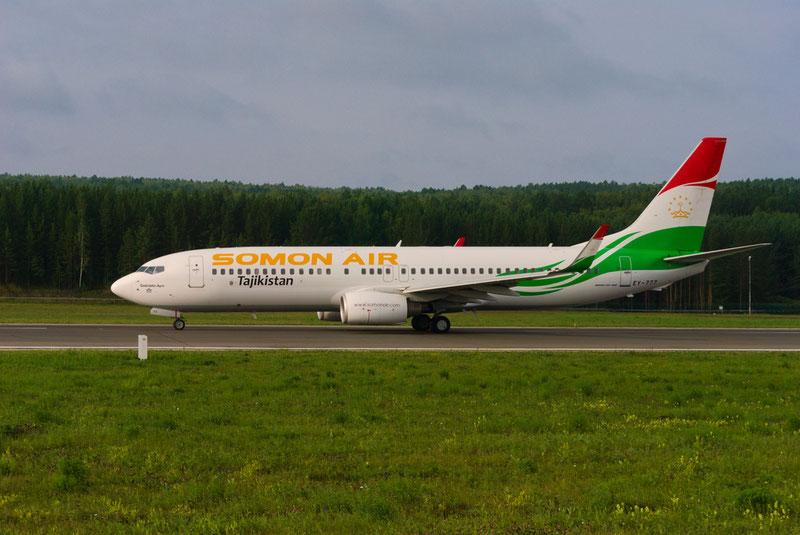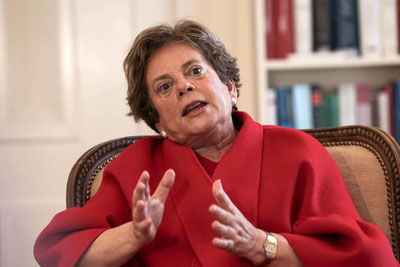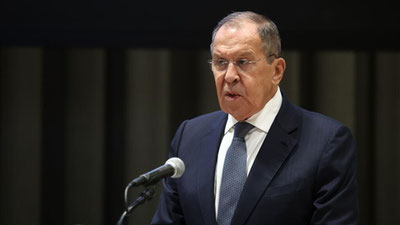The government decision on implementation of the "Open Sky" policy has come into effect in Tajikistan. This grants foreign airlines the right to increase the frequency of flights regardless of the number of flights operated by local carriers. This was reported by "Avesta.tj" according to the Civil Aviation Agency under the Cabinet of Ministers of the Republic of Tajikistan.
Previously, a parity principle was in place in the republic. That is, foreign carriers could operate a number of flights equal to those of Tajik companies. Now this rule has been abolished.
Furthermore, the government decision also abolished restrictions on the type of aircraft, number of carriers, tariffs, and the network of routes. It is noted that there is already a precedent. Turkish Airlines, benefiting from the new rules, will increase the frequency of flights between Dushanbe and Istanbul from 3 times a week to 5 times a week starting from August 1st.
However, the changes do not apply to all routes. According to the document, the previous regulation regime for 18 routes determined by the Civil Aviation Agency will remain in place for three years. After that, the restrictions will be lifted without exception for all flights.
The "Open Sky" regime will be applied to the republic's capital as well as other cities: Khujand, Kulob, and Bokhtar international airports.
The Civil Aviation Agency is tasked with ensuring access to the airspace within the third and fourth freedom degrees for all interested parties, as well as consistently removing barriers for foreign companies. Against the backdrop of the adopted changes, anti-monopoly structures, air traffic management companies, and airport authorities will take measures to improve service quality for passengers, reduce tariffs for relevant services, and develop infrastructure.
Experts believe that the introduction of the "Open Sky" policy in Tajikistan will create favorable conditions for competition in the transport market, which in turn will lead to a decrease in ticket prices and attract additional investment into the civil aviation sector.






